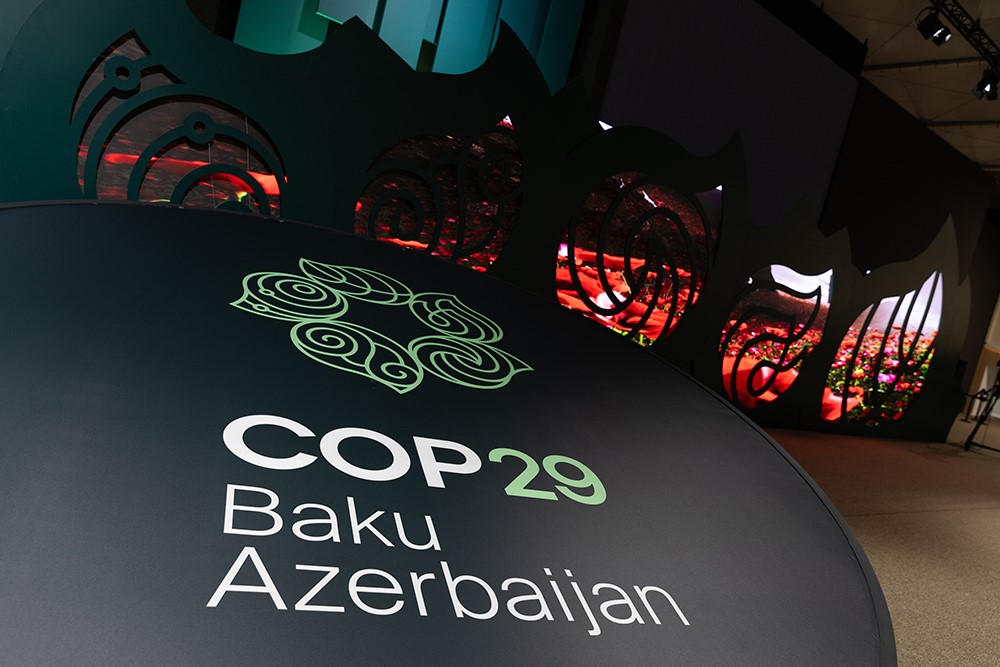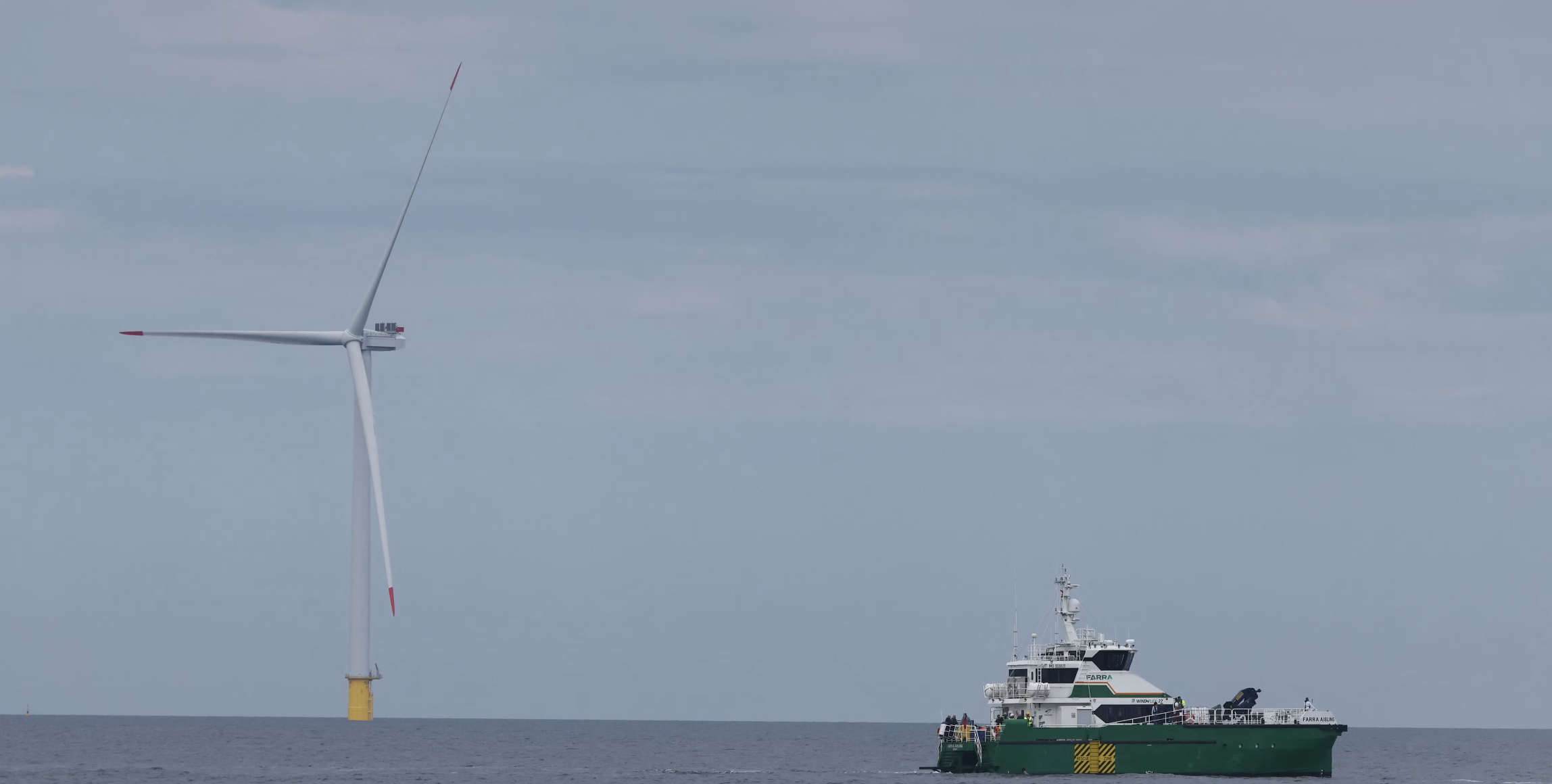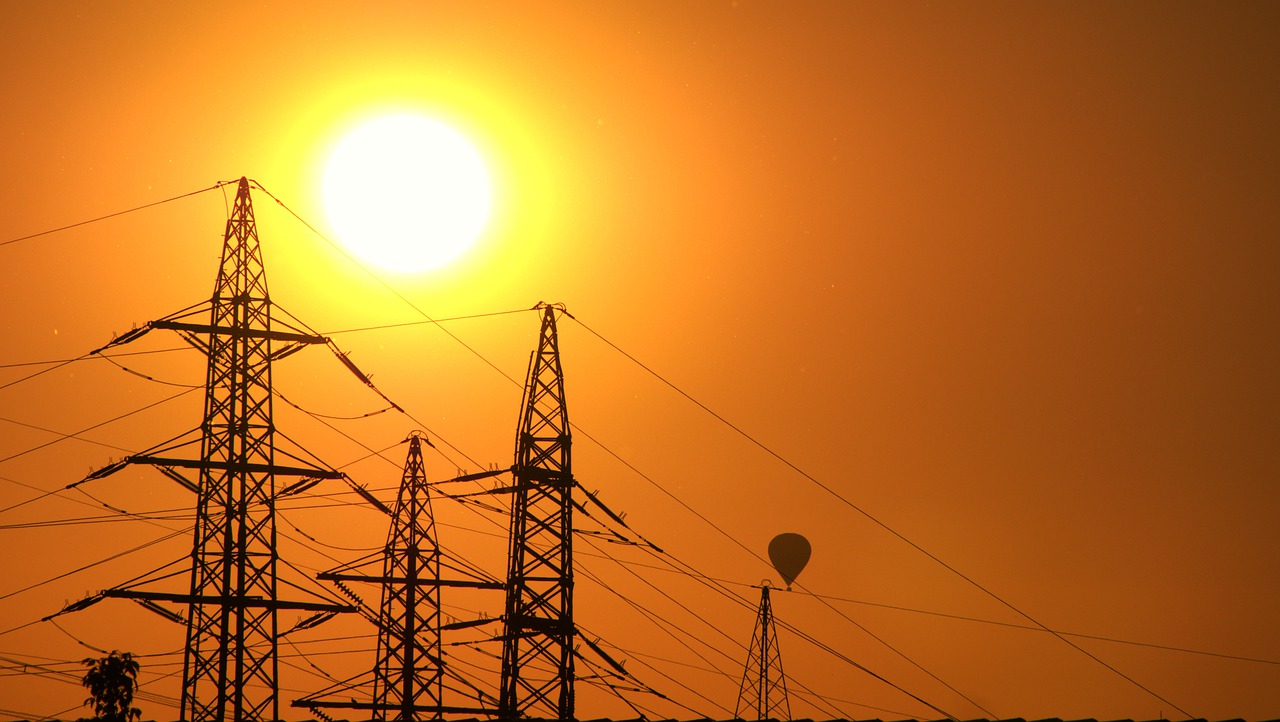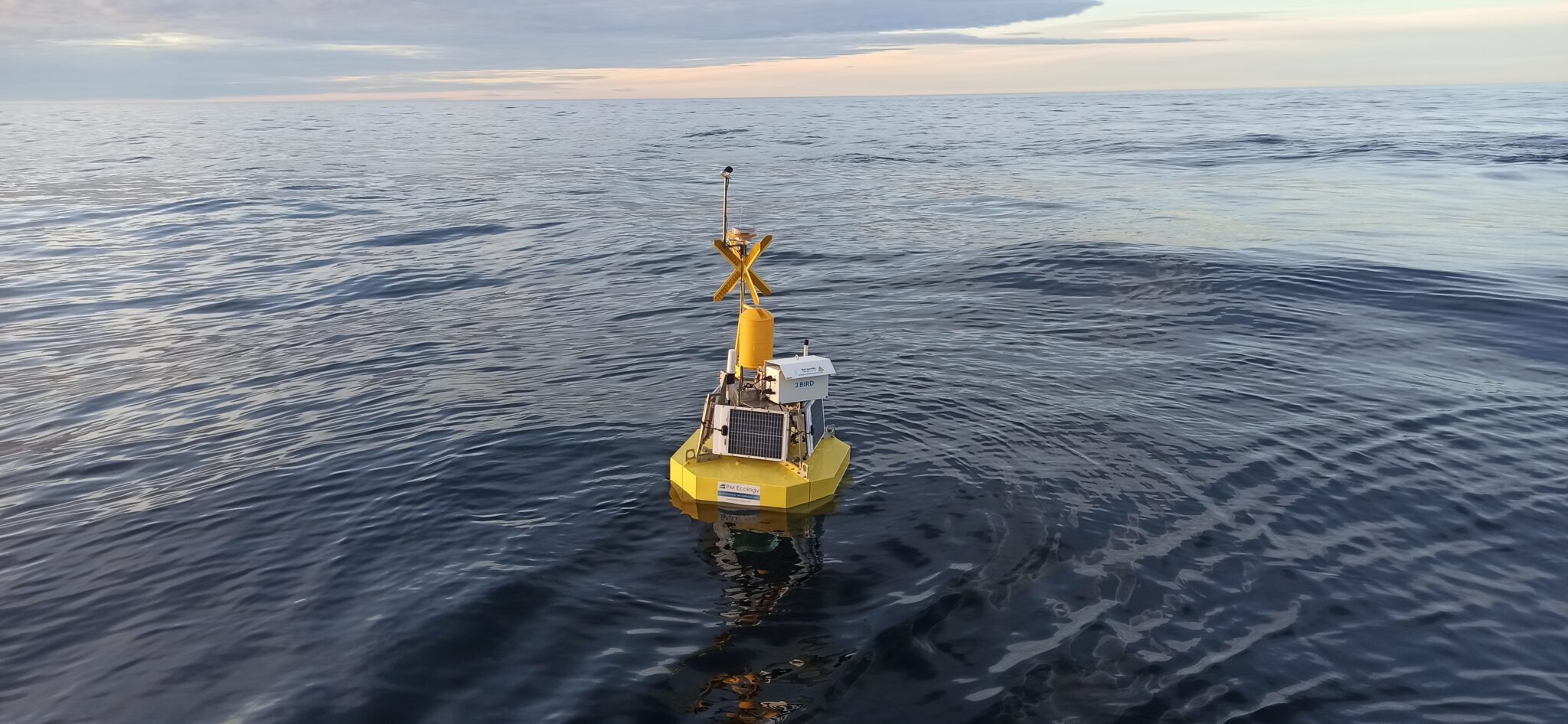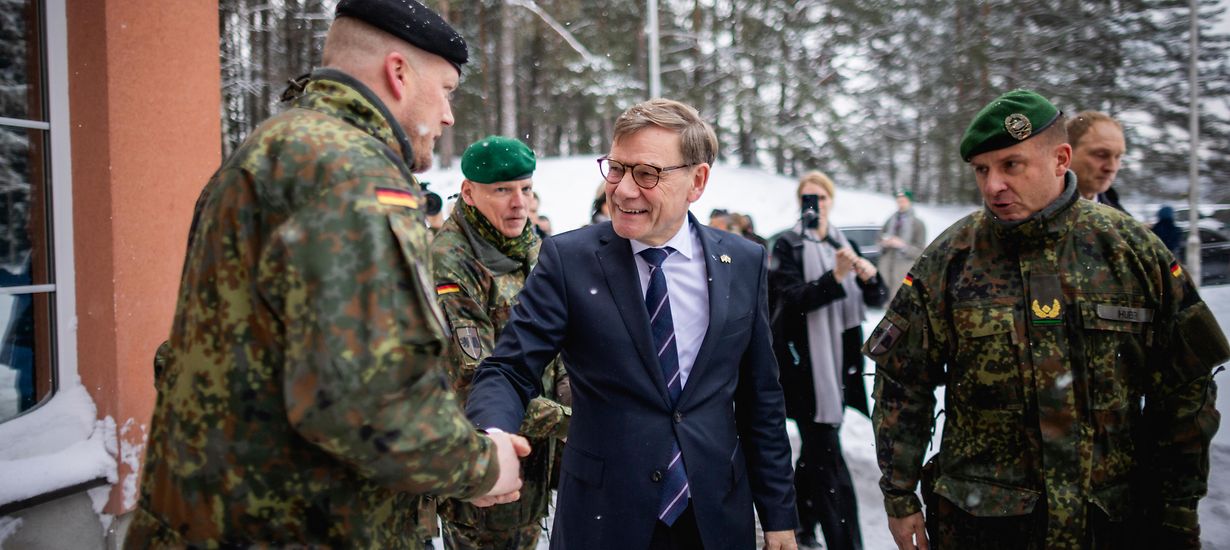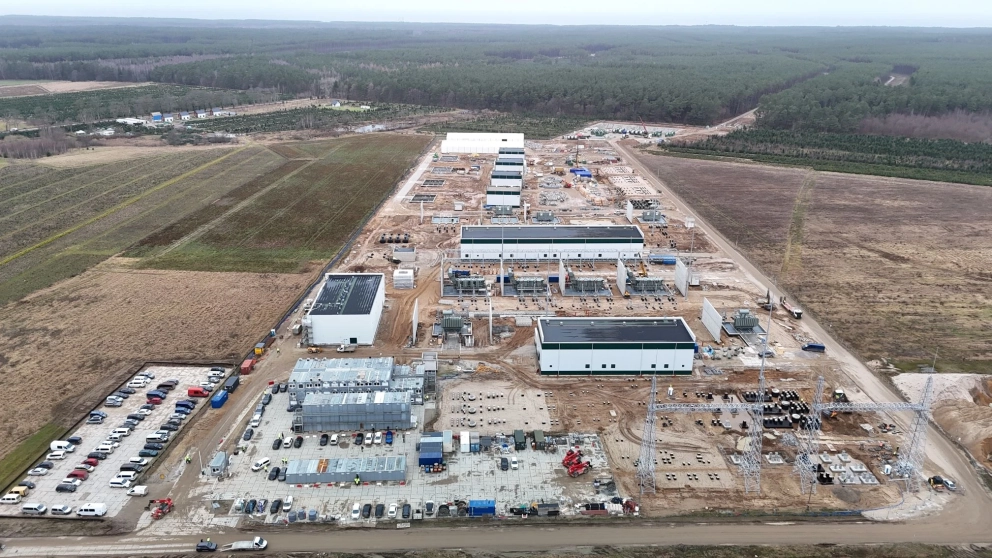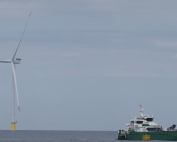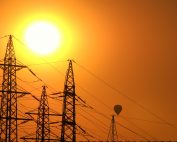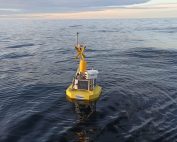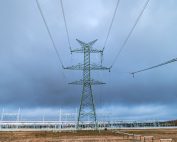As the COP29 UN Climate Change Conference opens in Baku, Azerbaijan, from November 11 to 22, climate leaders, including the European Union (EU), gather to address one of the most pressing challenges of our time: securing a sustainable, climate-friendly future. This year, the summit is poised to prioritize climate finance, critical emissions reductions, and renewable energy development, including a prominent focus on offshore wind as a core pillar of the European Green Deal.
Commissioner for Climate Action Wopke Hoekstra will again lead the EU negotiating team at COP29, working closely with the Council Presidency and Member States to deliver on the negotiating mandate adopted last month. Commissioner for Energy Kadri Simson will attend on 14-15 November, focusing on the implementation of the commitment to transition away from fossil fuels, efforts to reduce methane emissions, and the development of clean technologies.
Europe’s Commitment to Global Climate Goals
The EU has consistently led global efforts to combat climate change, aligning with the Paris Agreement’s objectives of limiting global temperature rise to below 2°C, ideally closer to 1.5°C. At COP29, EU representatives are emphasizing the adoption of a New Collective Quantified Goal (NCQG) on Climate Finance, aiming to drive significant investments to meet global climate targets. With climate finance a main priority, the EU has committed €28.6 billion in public climate finance for 2023, alongside an additional €7.2 billion mobilized from private sources. However, the EU stresses the need for expanded contributions, particularly from the private sector, to support transformative climate actions in both developed and developing nations.
Climate finance has emerged as a pivotal issue, particularly for countries like Belgium, where a key expectation at COP29 is to finalize an ambitious climate financing framework. Belgian representatives highlight the necessity of private-sector engagement, underscoring that public funds alone are insufficient to meet global needs. Belgium’s commitment to offshore wind development, alongside EU support, underscores the region’s commitment to scalable, renewable energy solutions.
Offshore Wind: Powering the European Energy Transition
Offshore wind energy holds a unique position in Europe’s climate and energy strategies. As part of the EU’s broader push to transition from fossil fuels, the aim is to triple renewable energy investment by 2030. For Belgium, the development of offshore wind infrastructure is a priority within the national and EU climate strategy, enabling energy security and reinforcing sustainable power supplies. Belgium’s offshore wind projects and industrial clusters around ports, such as Ostend, are already making strides in generating clean power and promoting energy transition. These projects have also become hubs for regional innovation, creating a network for climate action through offshore wind power expansion.
The EU’s continued support for offshore wind also reflects a pragmatic approach to achieving climate targets and sustaining economic growth. In the UK, which has been increasing its investment in offshore wind, Prime Minister Keir Starmer announced a substantial Clean Industry Bonus at COP29, incentivizing offshore wind projects across coastal regions and former industrial hubs. This investment bolsters local economies by creating thousands of high-skilled jobs and drawing attention to offshore wind’s potential as a job-creating force in sustainable energy industries.
Strengthening International Partnerships for a Greener Future
The EU has also prioritized carbon market negotiations under Article 6 of the Paris Agreement, aiming to establish standards for carbon offsets and supporting global mitigation projects. Through a shared approach, the EU collaborates closely with partners to ensure these standards align with high levels of accountability and effectiveness. The commitment of leaders such as Commissioner for Climate Action Wopke Hoekstra, Commissioner for Energy Kadri Simson, and Commissioner for Innovation Iliana Ivanova in COP29’s discussions further exemplifies the EU’s holistic strategy.
Political Underpinnings and Reactions to U.S. Election Results at COP29
The ongoing discussions at COP29 in Baku have also been marked by reactions to the recent U.S. presidential election, with Donald Trump’s victory stirring concerns over America’s future climate policies. U.S. climate envoy John Podesta addressed these concerns directly on the first day of the conference, expressing disappointment at Trump’s election win. Podesta reassured attendees that while Trump’s administration might deprioritize climate action, America’s commitments to clean energy and climate change mitigation would continue. “The work to contain climate change is going to continue in the United States,” Podesta affirmed, encouraging governments worldwide to believe in the resilience of the U.S. clean energy economy.
Conclusion
COP29 underscores the EU’s commitment to advancing climate finance and renewable energy initiatives, particularly offshore wind, as crucial components of the global clean energy transition. However, recent developments in U.S. politics add uncertainty to the international climate agenda. President-elect Donald Trump’s campaign promises to withdraw from the Paris Agreement, roll back parts of the Inflation Reduction Act (IRA), and ramp up fossil fuel production could slow U.S. progress on climate pledges. Trump has criticized emissions regulations as a “green new scam” and voiced concerns, albeit without substantiation, that offshore wind turbines harm marine life such as whales.
Despite these challenges, EU leaders at COP29 are determined to push forward with ambitious climate goals, setting an example for sustainable growth and underscoring that the global climate effort will continue—even in the face of shifting U.S. policies.
Source: EC, gov.uk, Al Jazeera
